DIAN-TU-001
A Phase II/III Randomized, Double-Blind, Placebo-Controlled Multi-Center Study of 2 Potential Disease Modifying Therapies in Individuals at Risk for and with Dominantly Inherited Alzheimer’s Disease.
Funded by Washington University School of Medicine in St. Louis (USA).
The aim of this study is to assess the safety, tolerability and biomarker efficacy of two different therapies in subjects who are known to have an Alzheimer’s disease-causing mutation. The two drugs (Gantenerumab and Solanezumab) were selected for this trial based on mechanism of action and available data on efficacy and safety profile. Subjects in DIAN are recruited from families that have at least one member who has been identified as having a mutation in presenilin 1 (PSEN1), presenilin 2 (PSEN2) and amyloid precursor protein (APP), associated with autosomal dominant Alzheimer’s disease and having a very high penetrance (near 100%).
The pathological processes that define Alzheimer’s disease (AD), amyloid plaques and neurofibrillary tangles, start to develop 10-20 years before clinical symptoms. The ability to identify individuals destined to develop AD provides a unique opportunity to assess the efficacy of therapies at asymptomatic and very early stages of dementia. Although there are differences between dominantly inherited AD and the more common age-associated sporadic disease, the results of the early intervention in this study will have implications for future studies and treatments in sporadic AD. Imaging and fluid biomarkers will be used as the primary study endpoints to demonstrate that the treatment compounds have engaged their therapeutic targets. Studies in individuals who carry a mutation linked to early onset AD suggest that biomarker changes are detectable 15 or more years before the anticipated time of disease onset. A set of cognitive measures designed to assess the very earliest, most subtle cognitive changes will be collected, but will not be primary endpoints as many of these clinically asymptomatic individuals are likely to have minimal changes in cognitive measures during the study. At the end of the study period, the Sponsor will consider developing an extension study that would allow subjects enrolled in this study to rollover to a longer therapeutic trial with cognitive endpoints.
Currently there are two Italian Centres involved in the DIAN-TU study: IRCCS Fatebenefratelli Saint John of God in Brescia (PI: Dr. Giovanni B Frisoni) and University of Florence (PI: Prof. Sandro Sorbi)
To view a brochure about the DIAN drug trials, click here



